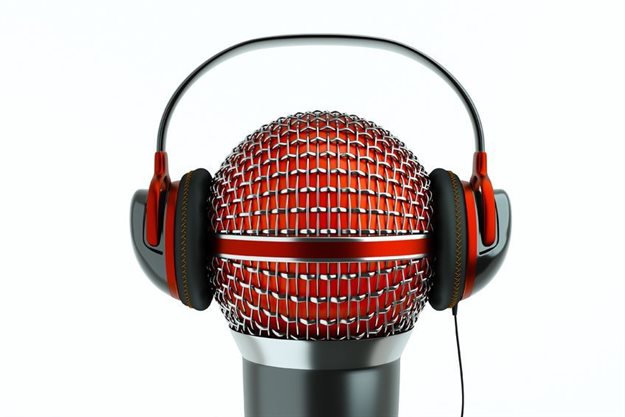






The Independent Communications Authority of SA (Icasa) has released the Draft Digital Sound Broadcasting Services Regulations (Draft Regulations) and has invited interested parties to make written representations by 29 December 2020.
The Draft Regulations follow the outcome of an inquiry into the use of DSB services in SA which commenced in March 2018 and concluded in March 2020. The inquiry revealed that there is a need for DSB services in SA, and these findings inform the content of the Draft Regulations.
The stated objectives of the Draft Regulations are to set out the framework for the introduction of DSB services in SA, and to prescribe the procedure for an applicant that wishes to provide DSB services (Applicant). In relation to the latter objective, an Applicant will need to apply to Icasa for either a class licence (under the Process and Procedures Regulations for Class Licences, 2010) or an individual licence (under the Process and Procedures Regulations for Individual Licences, 2010), as the case may be.
Some of the noteworthy features which are contained in the Draft Regulations are: